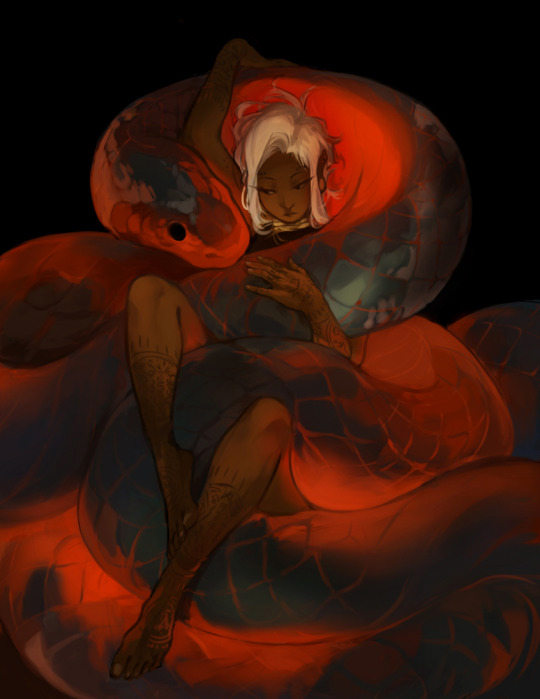26 Lesbian dog obsessed gal Current Obsession: Star Wars Theme by raiidens
Don't wanna be here? Send us removal request.
Text






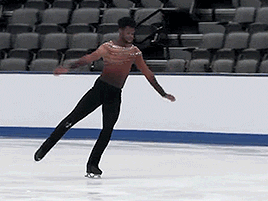

Emmanuel Savary, 2024 Eastern Sectionals FS to Saturn by Sleeping At Last
He won Sectionals and will be making his first appearance at Nationals since 2020, when he had to withdraw because of an injury. Hopefully this time around goes better :)
547 notes
·
View notes
Text
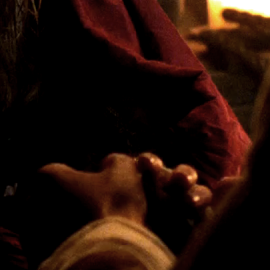


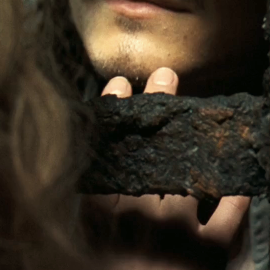
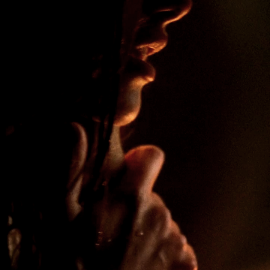




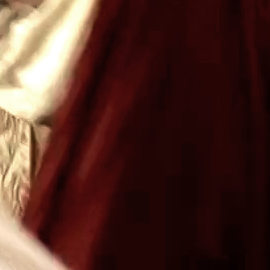
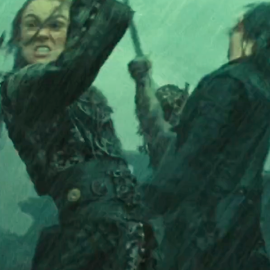
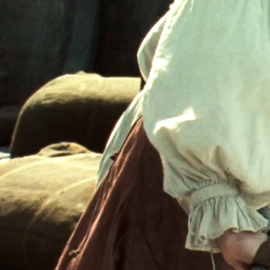
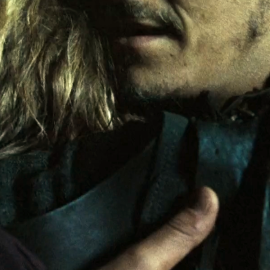

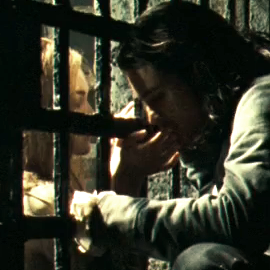


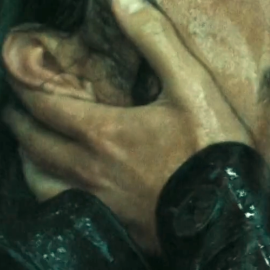

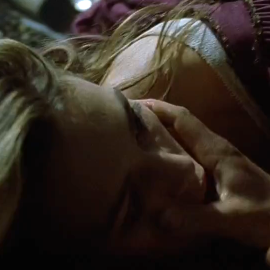

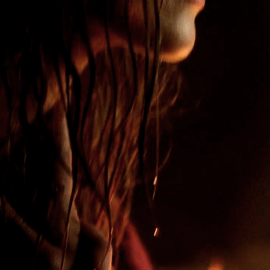

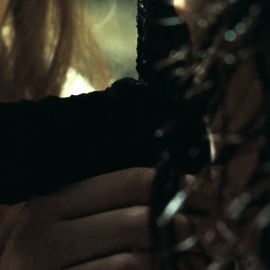





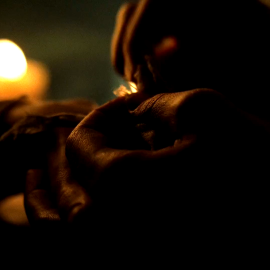
"Sorry. Blacksmith's hands. I know they're rough." "No. Well, yes they are... but don't stop."
252 notes
·
View notes
Photo

Some young Victors in the honor of the new trailer. I’m so very excited for YOI return it’s about TIME
2K notes
·
View notes
Text
I really like one specific scene for William Turner's character. And that's the one where Jack is chased by all the cannibals. And I love that he starts out saying "What about Jack? I won't leave without him" and just does a full on 180 when he sees the horde that's after him. It's taking his character, who's righteous and assertive and it's adding so much more to him by subverting that. Because Will is a bastard of his own, and this scene to me is not only really funny but makes him that much more interesting.
38 notes
·
View notes
Text
39 notes
·
View notes
Text

Somewhere, far away from Piltover 💕
26K notes
·
View notes
Text
48 notes
·
View notes
Text
48 notes
·
View notes
Text
rion try not to slay every costume challenge








141 notes
·
View notes
Text
the new movements within the stsq? YES. every time he skates i love this program more and more.
146 notes
·
View notes
Text

Some pirates here for you =^______^=
3K notes
·
View notes



